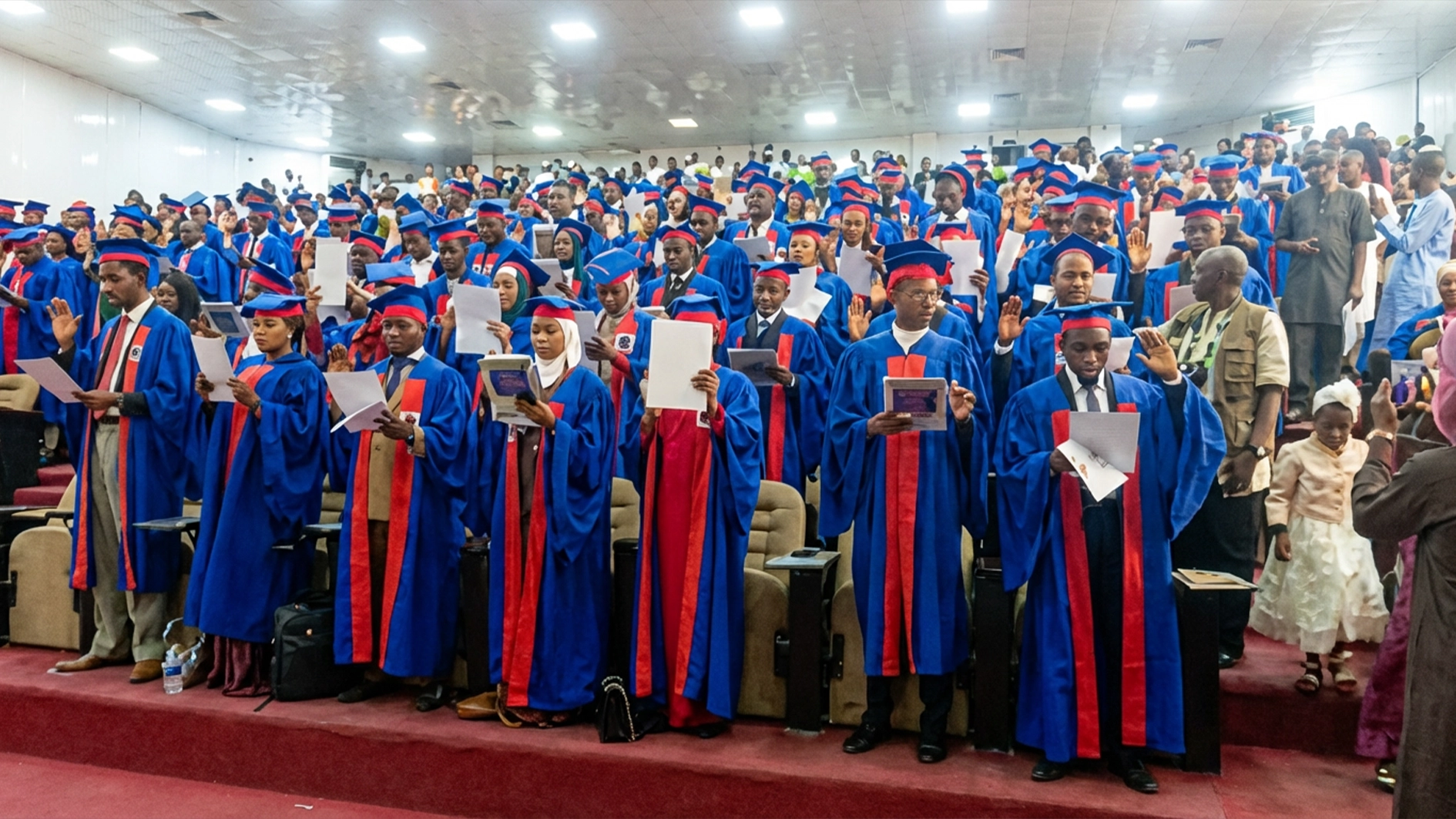Stakeholders have called for innovation, collaboration, and commitment towards transforming West Africa’s healthcare landscape.
Declaring the 12th edition of the World Health Expo (WHX) Lagos and WHX Labs Lagos open, Chairman of the 10th Senate Committee on Health, Senator Dr Ipalibo Banigo, said the expo underscored the urgent need to deepen public-private partnerships to build a more sustainable and inclusive healthcare system. According to her, such collaboration was critical for scaling access and achieving long-term impact in the sector.
Speaking on the theme, “Accelerating Universal Health Coverage (UHC) and Health Sovereignty: Scaling up Best Practices through Public-Private Integration,” HFN President, Dr Njide Ndili, described platform for uniting policymakers and industry leaders around shared goals. She praised the event organisers, Informa Markets, for enabling high-impact conversations and technological showcases that, “accelerate healthcare development across the continent.”
Ndili noted that achieving universal health coverage would depend on the ability of stakeholders to adopt innovative models and align efforts across public and private sectors. She said the conference aimed to highlight success stories and practical strategies for scaling up those models nationally and regionally.
MEANWHILE, the Private Sector Health Alliance of Nigeria (PSHAN) convened thought leaders and health experts for a conference themed “The Creative Catalyst: Driving Sustainable Healthcare Solutions in West Africa.” Representatives from PSHAN emphasized the role of creativity and collaboration in addressing persistent health system gaps.
They said sustainability would remain elusive unless healthcare solutions were designed to be both innovative and locally relevant.
MEANWHILE, WHX Labs Lagos featured expert-led discussions on diagnostics and laboratory systems. Prof. Christian Happi, a Professor of Molecular Biology and Genomics at Redeemer’s University, said that genomic research must become a priority if Africa hopes to build a responsive and proactive health system. He noted that innovation in laboratory science would not only improve disease detection but also strengthen epidemic preparedness.
Director and Deputy Registrar at the Medical Laboratory Science Council of Nigeria (MLSCN), Dr Donald Ofili, added that regulatory reforms and strategic investment in diagnostics were essential to improving health outcomes. He encouraged collaboration between laboratory professionals, industry stakeholders, and regulatory agencies.






